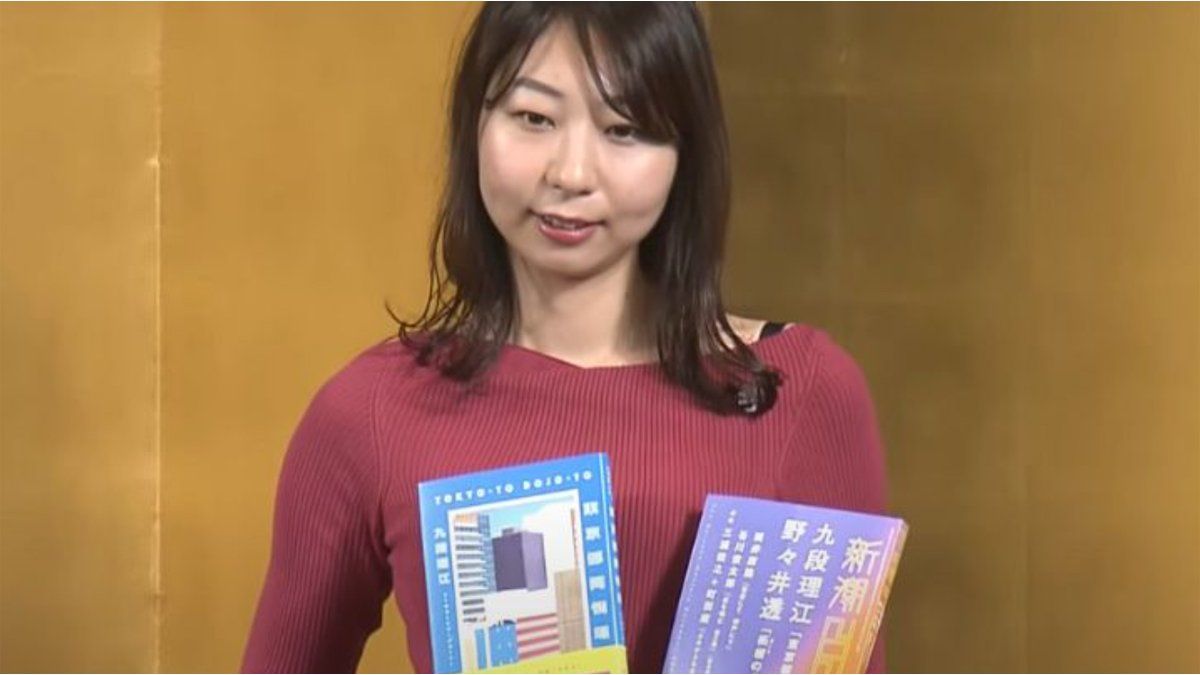The winner of Japan’s most prestigious literary award, an author named Rie Kudangenerated a stir after acknowledging that about 5% of his novel had been written with ChatGPTthe already famous tool of artificial intelligence which, according to her, allowed her to unleash her creative potential.
A few months ago, a group of 9,000 authors, including Jonathan Franzen, John Grisham and George R.R. Martinfiled a class action lawsuit against Open AI, the company that originated ChatGPT, under the accusation of having used its works without consent to train its chatbot programs and help them generate creative texts. In an opposite operation, the writer Rie Kurdan now acknowledged having used the automatic writing program to stimulate her imagination.
The author’s confession occurred during the award ceremony for one of Japan’s most prestigious literary awards, the Akutagawa Prize, when she revealed that her winning novel, “Tokyo’s Sympathy Tower” It had been written with the help of the artificial intelligence (AI) program
Kudan explained that he often spoke to the AI and trusted it with his innermost thoughts, and that ChatGPT’s responses inspired some of the dialogue in his novel.
Kudan’s work, praised by the judges as “impeccable”, takes place in a futuristic Tokyo with AI as a recurring theme where the two protagonists are located: on the one hand, Sara Makina, an architect who builds a tower in a park Tokyo designed to offer a place where criminals are rehabilitated and explores their discomfort with society’s tolerance for those who break the law. On the other hand, Takuto, a young man who writes his biography, according to AFP.
The confession of the Japanese writer who used artificial intelligence
During her confession, the 33-year-old author did not appear remorseful or upset. “I made active use of generative AI like ChatGPT when writing this book,” she said. “I would say that about five percent of the book quoted AI-generated sentences verbatim.”
Kudan said that turned to ChatGPT to help mimic the way “soft, fuzzy words” distort ideas about justice. And he expanded: “In recent years, we find ourselves in a situation where words have expanded without limit and have allowed unlimited interpretations,” Kudan said after his award, as quoted by the English media The Times UK. And she added: “I want to use words carefully and think about the positive and negative aspects of language,” declared the 33-year-old author.
The jury members stated that it was “difficult to find fault” in the winning work. One of the committee members, Shuichi Yoshida, even said: “It is a very entertaining and interesting job.which raises a debate about how to consider it.
Outside of his literary work, Kudan often plays with AI and uses the technology to share thoughts that he “will never be able to talk about with anyone else.” Apparently, admitting that he used it in his writing was not one of them. The author added that she hopes to maintain “good relationships” with technology and use it to “unleash my creativity” in the future, according to AFP.
Other AI use cases in literature
Since the 2022 launch of ChatGPT, an easy-to-use tool that can deliver an on-demand essay in seconds, there has been growing concern about the impact on a variety of sectors, including books.
It is not the first award that has been involved in controversy due to the interference of AI. In 2022, a Colorado State Fair fine arts contest became embroiled in controversy when a prize in its “digitally manipulated photography” prize was awarded to a piece created in part with Midjourney, a powered imaging tool. by artificial intelligence.
Then last year, An artist turned down his Sony World Photography Awards prize because the winning photo wasn’t actually a photograph.but a digital image made with the artificial intelligence program DALL-E 2.
Source: Ambito
I am an author and journalist who has worked in the entertainment industry for over a decade. I currently work as a news editor at a major news website, and my focus is on covering the latest trends in entertainment. I also write occasional pieces for other outlets, and have authored two books about the entertainment industry.




